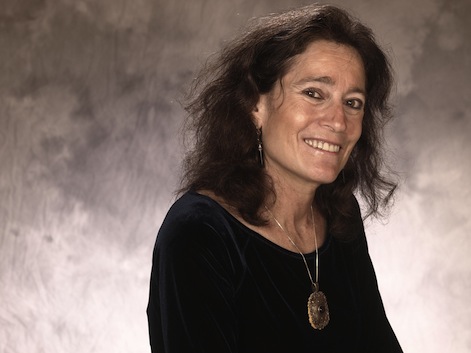Critical Mass readers will know we are now in our fourth year of “NBCC Reads.” This survey allows us to draw on the bookish expertise of our membership, along with former NBCC winners and finalists. This spring's question: What's your favorite comic novel? was inspired by this past year's awards in fiction– NBCC fiction award winner Jennifer Egan's at-times hilarious “A Visit from the Goon Squad” (which also won this year's Pulitzer and the Los Angeles Times book award in fiction) and Irish writer Paul Murray's darkly comic “Skippy Dies,” an NBCC fiction finalist. We heard from more than 100 of you (thanks!). We do not tabulate votes or rank the titles under discussion. Instead, we simply give an idea of the authors or particular titles that seem to be tickling out collective fancy. The first of the series, and the most noted comic novel of the lot, was Joseph Heller's Catch-22, first published in 1961. (We're including worthy second choices, as well.) Other favorites so far: Vladimir Nabokov, Evelyn Waugh, Richard Russo's “Straight Man,” Kingsley Amis's “Lucky Jim,” two by Flann O'Brien, “Oldies but Goodies” like Henry Fielding's “Tom Jones” and Jane Austen's “Pride and Prejudice,” plus Charles Portis. Today's posting is one of the last of our “Long Tail” entries on this topic.

The work of Donald Barthelme stands in my mind as the tallest as a comic writer. The Sixty Stories for his short pieces and for his novels, The Dead Father. There are so many reasons–his language and collage and knowledge of art and music mixed in with literature and absurdism–but I rarely have found a metafiction as rich with classical, mythic and contemporary allusion. Barthelme could write about Goethe and Homer and at the same time thread in contemporary work and allusions –but he made us see a certain loss in the continuum, rather than just blending pop culture in without acknowledging its differentness and (often) shallower waters. Now I feel the loss of Barthelme's literary wisdom.

